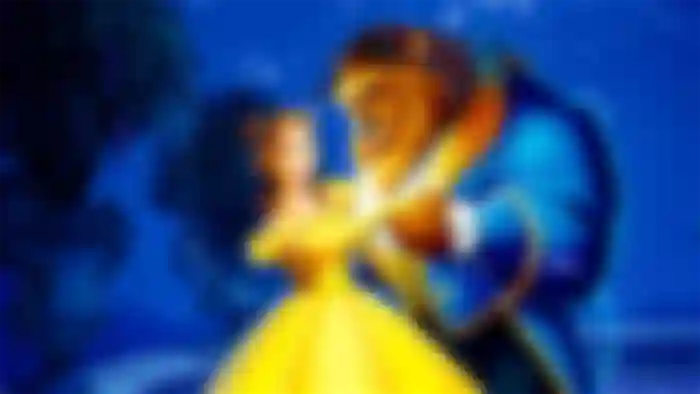Do fairy tales affect children's perception of reality?

Children's perceptions of reality are influenced by fairy tales. I say this because fairy tales aren't true, thus the person who made this narrative had to be imaginative! This encourages readers to be inventive, creative, and innovative as well. Yes, there are villains in most fairy tales that do horrible things, but there are also good characters in the story who vanquish the villain. This concept will instill in the reader the desire to be good and to serve others. Yes, there is something a villain does in a story that is bleak and lacking. And you may argue that individuals incorporate those horrible things into their lives.
However, there is something positive in that story that I am confident most people will accept and adopt.
Fairy stories have an impact on a child's emotional, physical, and cerebral growth. Children learn how to deal with basic human issues, desires, and relationships in a healthy way through fairy tales. They have no control over how they perceive reality. So, how do children's perceptions of reality change as a result of fairytales? Yes, in a nutshell, to this important question. Fairy tales have a significant impact on how we perceive ourselves and the world around us. If a youngster files fairy stories in the 'Reality' category, he or she will think differently than if the fairy tales are filed in the 'Fiction' category.
I believe that children's perceptions of reality are unaffected by fairy tales. Children improve their problem-solving skills by listening to fairy stories. Cinderella and Beauty and the Beast are two stories that teach children how to keep a cheerful attitude in the face of adversity. Fairy tales are extremely important for a child's imagination development. They broaden a child's horizons, stimulate their creativity, and instill a sense of wonder. Curiosity is sparked by a developing sense of wonder, which leads to the exploration of new things. As youngsters grow older, they begin to learn that fairy tales do not exist in reality.
Also, our elders are constantly there to remind us of this. Albert Einstein once said that "Imagination is more vital than knowledge." For knowledge is limited, whereas imagination encompasses the entire world." So, today, I discussed the benefits of fairy tales in the development of a child, and then I discussed how they are unable to influence our thinking about the real world; for these reasons, I am convinced that fairy tales have no impact on children's perceptions of reality.
We all have an egocentric and objective sense of reality during our childhood. This is primarily due to the fact that our cognitive and mental faculties are still developing at this time. There are discrepancies between our understanding of the world and its underlying reality. Furthermore, there is a distinction between who we think of ourselves and who we are in reality. As a result, it's difficult for us to tell the difference between objective reality and our distorted or skewed perception of it. As youngsters, we have a tendency to look at things from our own unique perspective, with no consideration for how others interpret reality.
As a result, it is relatively easy to manipulate or affect the young and underdeveloped human mind through fairy tales during this era of development. When a youngster reads or listens to fairy tales, his or her imaginative processes begin to change in response to the stories' substance and descriptions of adventures. They could form expectations that aren't grounded in reality. A fictitious world could influence their view of a variety of things. Children may be frustrated as a result of cognitive dissonance caused by misaligned realities. Not only that, but fairy tales also teach youngsters how to handle basic human problems, desires, and relationships in a healthy manner, which can have a negative impact on a child's health and quality of life. This is why I believe fairytales have an impact.
Fairy stories are important for a child's imagination development, as well as their emotional, physical, and mental growth. I believe that children's perceptions of the literary work change as they listen to fairy tales. Most fairy tales have a moral element attached to the plot. If we don't see fairy tales, we won't be able to construct characters when writing a story. Children should be aware of how realistic fairy tales are.
Imagination is a fragile, glass-like substance. When you lose your imagination, the world becomes flat and tasteless, devoid of hope and wonder. Fairy stories have a positive and negative impact on everyone, though the positive impact is more. Great scientists and even authors have utilized their own fairy tale imagination to offer us the wonder and light that we now enjoy. Not only that but there are several morals that educate us on how to live our lives. This is why, in my opinion, fairy tales may be extremely beneficial to individuals who are prepared to listen to them.


